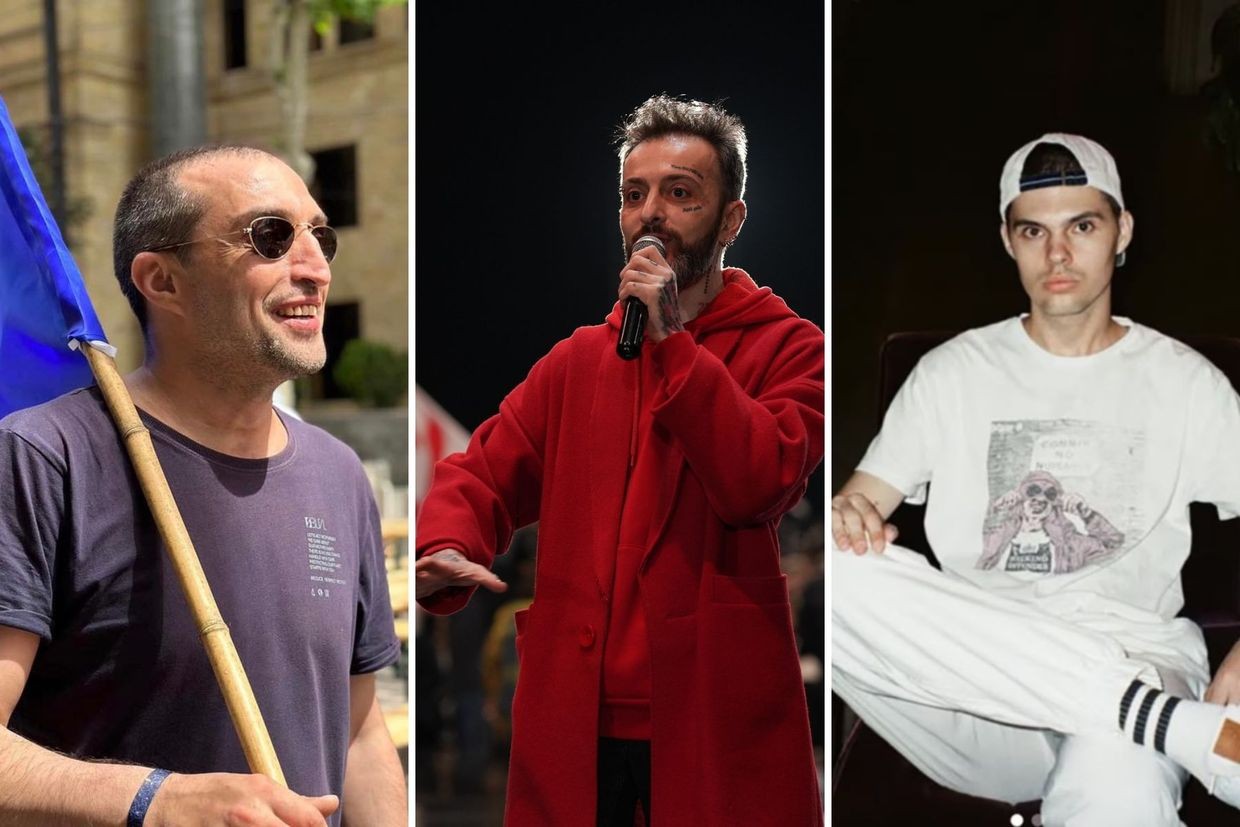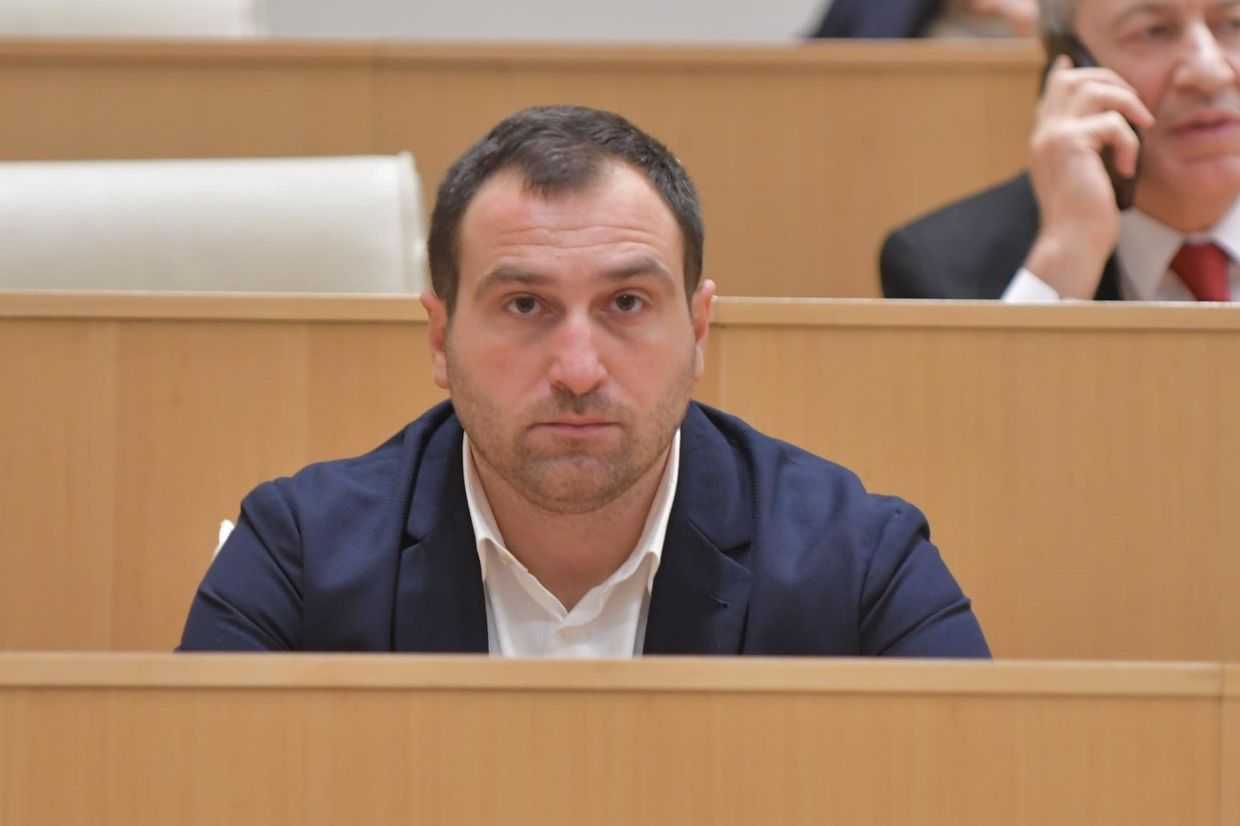Transparency International claims Georgian police planted drugs on three detained protesters

Transparency International (TI) — Georgia has accused the police of planting drugs on three people detained during the anti-government process in a bid to discredit the protest movement.
On Monday, TI published a statement saying that three protesters — Giorgi Akhobadze, Nikoloz Katsia, and Russian national Anton Chechin — were detained during the protests on drug charges.
The organisation said that the ruling Georgian Dream party sought to discredit the protest movement by ‘fabricating’ drug charges against protesters, political opponents, and civil activists.
‘In such cases, the true goal is not combating drug crimes but rather discrediting the protest movement, exacting revenge on political opponents and activists, instilling fear in society, and ultimately ensuring the survival of the regime’, the statement read.
Akhobadze was reportedly arrested late at night on 7 December while returning home from a protest on Rustaveli Avenue with a friend. Katsia was reportedly arrested hours prior while taking a cab to a protest.

Chechin, a Russian national who fled to Georgia after Russia’s full-scale invasion of Ukraine in 2022, was reportedly arrested in the early hours of 3 December on his way to work.
TI’s statement said that Katsia and Chechin did not use nor purchase drugs, while Akhobadze ‘had a history of drug use in the past but had long since stopped using narcotics’.
‘In court, [Akhobadze] stated that his past made it easier for the public to believe the same accusations against him’, read the statement.
All three of them deny the charges pressed against them.
TI also said on Monday that all three of them were detained in a similar fashion, and that investigations into their cases were launched based on ‘operative information’ provided by a ‘confidential source’. The organisation has cast doubt on the ‘credibility and actual existence’ of the source.
The statement went on to say that the police searched the homes and vehicles of the detainees without court orders and in the absence of neutral witnesses or video cameras, and that testimonies about the searches were only provided by police officers and other individuals ‘close to them who have an interest in the case being resolved in favour of the prosecution’.
‘Remarkably, in the cases of Akhobadze and Katsia, neutral witnesses — one being the defendant’s companion in one case and the taxi driver in the other — were present at the scene, but they were not allowed to observe the search’, said the report.
‘Judicial oversight of the search and seizure process is extremely formal and ineffective, with the court issuing a ruling about the search’s legality without a hearing, disregarding the principles of adversarial proceedings and equality of arms’.
Akhobadze, Katsia, and Chechin remain in custody and their cases are still under review.
If found guilty all of those detained on drug charges might be sentenced to eight to 20 years in prison or life imprisonment.
Human rights activists in Georgia have suggested that more than 400 people could have been detained during pro-EU demonstrations against the government in November and December — a large number of whom claim that they were subjected to physical or psychological abuse by law enforcement officers.
Georgians throughout the country have been protesting for more than 70 days against the government’s policies and the announcement the ruling party would halt Georgia’s EU accession process. The political crisis followed October’s parliamentary elections, which according to official results, gave Georgian Dream a large majority, with 54% of the vote.











